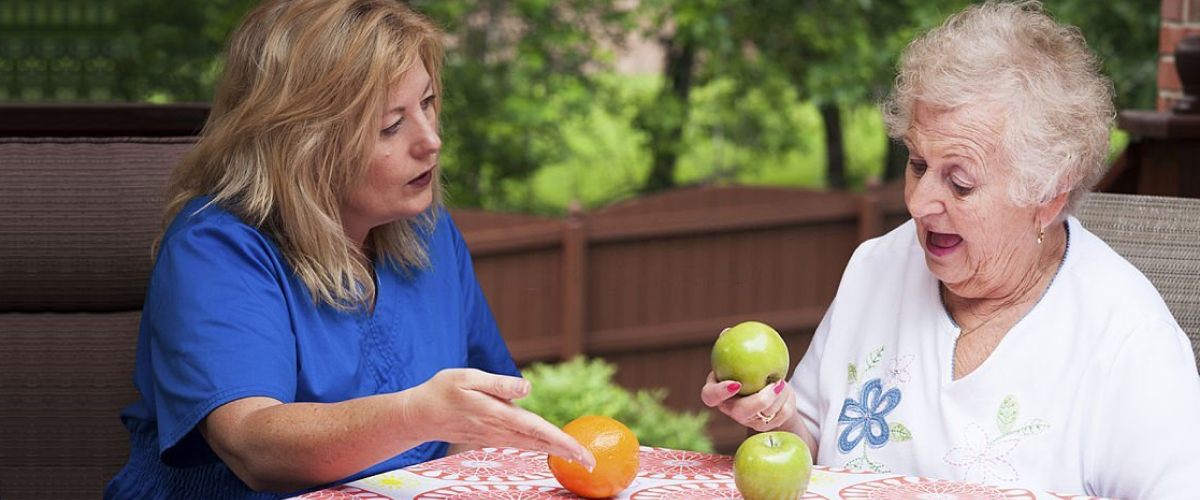In this article, we will explore the various aspects of caring for patients with Parkinson’s disease, from understanding the condition to offering support and assistance.
Table of Contents
ToggleUnderstanding Parkinson’s Disease:
Parkinson’s disease is a chronic neurological disorder that affects movement control. It occurs when there is a decrease in dopamine production in the brain, leading to tremors, stiffness, and difficulty with balance and coordination. While there is no cure, proper care, and management can significantly improve the patient’s quality of life.
Symptoms of Parkinson’s and Progression:
The symptoms of Parkinson’s disease can vary but often include tremors, bradykinesia (slowness of movement), rigidity, and postural instability. As the disease progresses, these symptoms can worsen and impact daily activities. Understanding the stages of Parkinson’s can help caregivers anticipate the patient’s needs.
Developing a Supportive Environment:
Care for patients with Parkinson’s requires special attention to detail. Creating an environment that is safe and accessible is crucial for patients with Parkinson’s. Removing clutter, installing handrails, and ensuring proper lighting can prevent falls and accidents. Additionally, arranging furniture to accommodate mobility aids is essential.
Read More: How to Help Elderly Parents Declutter Their Homes
Care for Patients with Parkinson’s-Medication Management:
Medications can help manage the symptoms of Parkinson’s disease. Caregivers need to ensure that the patient takes the prescribed medications on time. It’s essential to be aware of potential side effects and communicate any concerns to the medical team.
Physical Therapy and Exercise:
Physical therapy and regular exercise can improve muscle strength, flexibility, and balance. A tailored exercise routine can help manage symptoms and maintain mobility. Caregivers should work with healthcare professionals to design an appropriate exercise and care plan for patients with Parkinson’s.
Read More: Cardiovascular Exercises for Seniors

Speech and Occupational Therapy:
Parkinson’s can affect speech and fine motor skills. Speech therapy can help patients communicate more effectively, while occupational therapy can assist in performing daily tasks independently.
Nutritional Considerations:
A balanced diet is crucial for overall well-being. Patients with Parkinson’s may experience difficulty swallowing or a reduced sense of smell and taste. Caregivers should provide nutrient-dense foods that are easy to chew and swallow.
Read More: 7 Nutrition Tips for Seniors
Cognitive and Emotional Well-being:
Parkinson’s can also impact cognitive function and emotional health. Patients may experience depression or anxiety. Engaging in cognitive activities and maintaining social connections can support mental well-being.
Daily Living Assistance:
Assisting with daily activities such as dressing, grooming, and bathing may become necessary as the disease progresses. Respect the patient’s independence while offering support when needed.

Fall Prevention:
Patients with Parkinson’s are at a higher risk of falls. Caregivers should remove tripping hazards, encourage the use of assistive devices, and consider exercises that improve balance.
Read More: 7 Tips to Prevent Falls Among Seniors
Social Engagement:
Staying socially active can combat feelings of isolation and depression. Encourage the patient to participate in hobbies and support groups, and spend time with loved ones.
Regular Medical Check-ups:
Frequent medical appointments are vital for monitoring the disease’s progression. Caregivers should keep track of appointments and communicate any changes in symptoms to the medical team.
Caregiver Self-Care:
Caring for someone with Parkinson’s can be demanding. Caregivers must prioritize their well-being, seeking respite when needed and finding emotional support through friends, family, or support groups.
Future Research and Treatment:
Stay informed about advancements in Parkinson’s research and treatment options. Clinical trials and new therapies may offer hope for better management and improved quality of life for patients.
Conclusion:
Caring for patients with Parkinson’s disease requires dedication, patience, and a holistic approach. By understanding the symptoms, providing a supportive environment, and staying informed about medical advancements, caregivers can make a significant positive impact on the lives of those affected by this condition.
Want to learn more?
ConsidraCare’s live in caregiver are experienced professionals who know how to preserve senior independence. Our team of senior care experts can develop a detailed care plan including the daily tasks of the caregiver.
Please reach out to us at wecare@considracare.com, or call us at 1-855-410-7971, and we will be happy to help you arrange care for a loved one.
FAQ’s:
1. What is the best advice for Parkinson’s patients?
Consult a healthcare professional for personalized guidance. Regular exercise, medication adherence, and support groups can help manage symptoms.
2. How do you care for someone with advanced Parkinson’s disease?
Ensure safety at home, assist with daily activities, manage medications, provide emotional support, and consider professional caregiving assistance.
3. What should Parkinson’s patients avoid?
Excessive alcohol, high-sugar diets, skipping medications, sedentary lifestyle, and stressful situations.
4. What reduces Parkinson’s disease?
While there’s no cure, regular exercise, a balanced diet, medication, deep brain stimulation, and therapies can help manage symptoms and slow progression.
5. What is end of life care for Parkinson’s patients?
Focus on comfort, pain management, emotional support, open communication with healthcare providers and family, and respecting patients’ wishes for treatment and care.
Maryam is a leading writer at ConsidraCare, specializing in senior care. Her well-researched articles are widely recognized for guiding families through the complexities of caring for loved ones, establishing her as a trusted and authoritative voice in the field.


